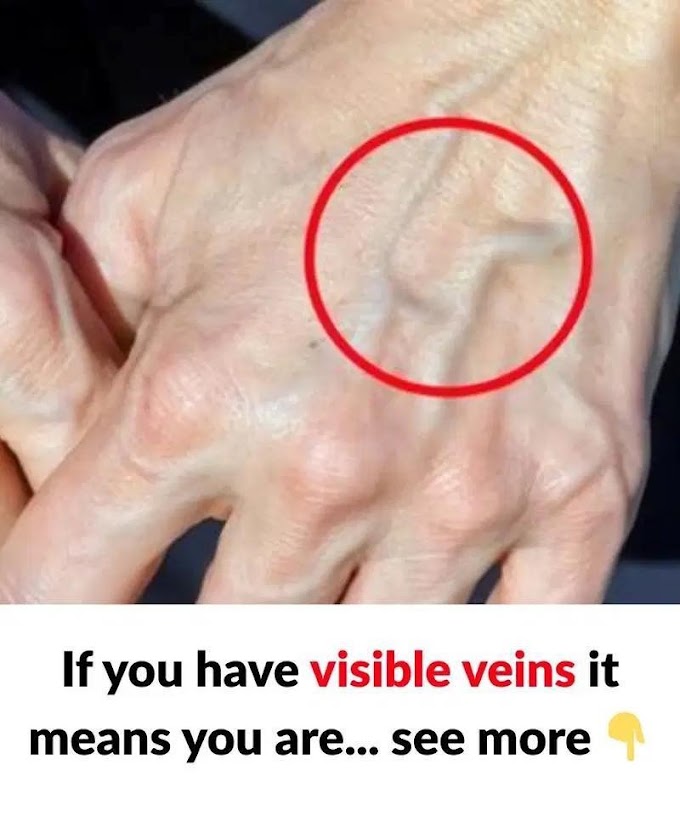While meant to comfort, this phrase can feel dismissive to someone in the early stages of grief.
Instead of easing pain, it can unintentionally minimize their loss by implying their loved one’s life wasn’t valuable where they were — and that your pain should be less than it is .
Better alternatives:
- “I’m so sorry for your loss.”
- “I can’t imagine what this feels like, but I’m here for you.”
🚫 2. “Everything Happens for a Reason”
This well-meaning cliché often makes people feel worse — not better.
When someone is reeling from loss, telling them there’s a “reason” for their pain can feel invalidating and theologically or emotionally loaded .
Grief doesn’t need a reason. It needs space to be felt .
Better alternatives:
- “This is so unfair — I’m here for you.”
- “I don’t know what to say, but I’m glad you’re not going through this alone.”
🚫 3. “At least they lived a long life.”
Even if it’s true, saying “at least” can feel like you’re brushing off the pain of the moment .
Grief doesn’t care how old someone was — it still hurts.
This phrase unintentionally suggests that the mourner shouldn’t be sad , which only makes them feel more isolated.
Better alternatives:
- “They were such a special person — I’ll miss them.”
- “What a beautiful life they lived — how can I support you?”
🚫 4. “You’ll get over it.”
This is one of the most harmful myths about grief — that time will just “heal everything.”
In reality, healing takes time, and people never truly ‘get over’ a deep loss — they learn to carry it differently.
Saying this can make someone feel like they should be “done” with their grief — when in truth, they’re still in the thick of it.
Better alternatives:
- “I’m here whenever you want to talk.”
- “Take all the time you need — I’m here for you.”
🧠 Why We Say the Wrong Things
We often speak out of discomfort — not malice.
Funerals are hard. Grief is hard.
And sometimes, we say the wrong thing just to fill the silence , to show we care, or to make ourselves feel better .
But the best thing you can do is acknowledge the pain , not explain it away.
✅ What to Say Instead – A Better Guide
🤝 What Else You Can Do (Besides Saying Something)
- Bring a meal or offer help with chores.
- Send a handwritten note a few days later.
- Sit with them in silence — sometimes presence is more powerful than words.
- Ask how they’re doing a week or month later — when the world has moved on, but their grief hasn’t.
🎉 Final Thoughts
Funerals are not about saying the perfect thing — they’re about being present , showing love , and honoring the one who’s gone .
And sometimes, the kindest thing you can do is just say:
“I’m here.”
“I’m sorry.”
“I care.”
So next time you’re at a funeral — or supporting someone who is — remember these 4 things to never say — and choose your words with care.
Because in grief, every word matters.






